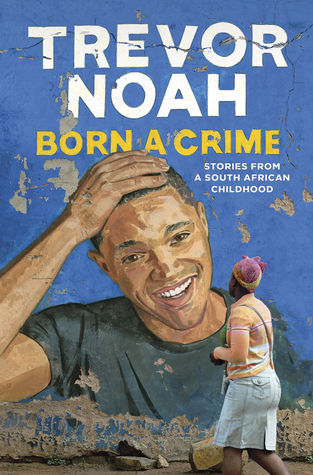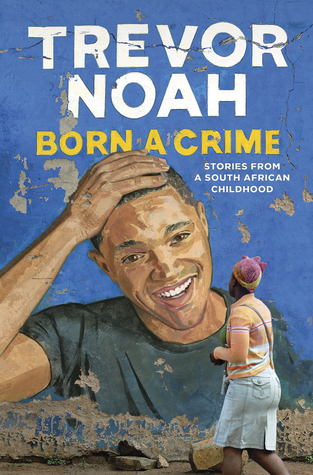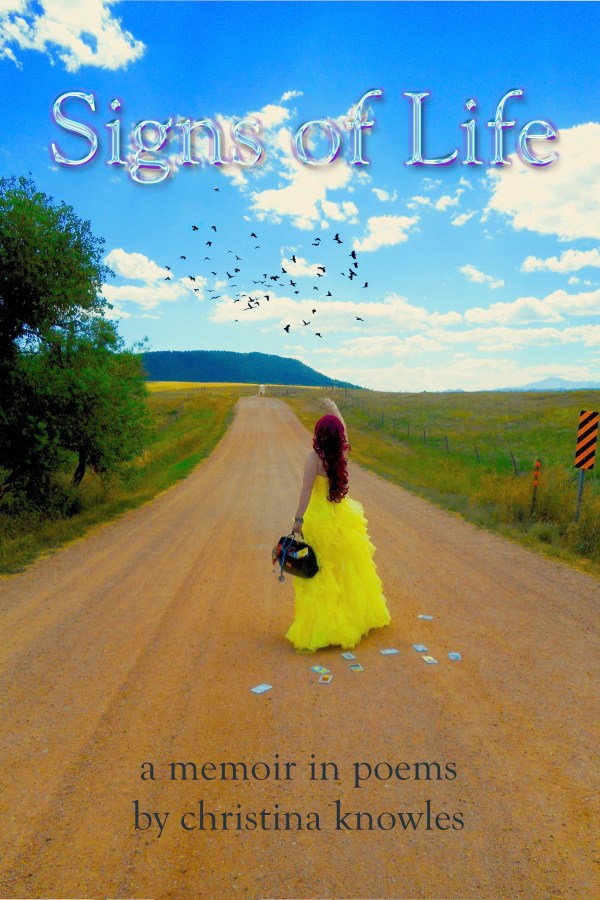 1) I’ll never be all caught up. Getting caught up in getting caught up is like a hamster running in a wheel. It’s pointless, so stop trying so hard. Now I make a few daily goals, but getting done with everything is no longer on the list. Knowing it is impossible sets me free to just stop and relax once in a while.
1) I’ll never be all caught up. Getting caught up in getting caught up is like a hamster running in a wheel. It’s pointless, so stop trying so hard. Now I make a few daily goals, but getting done with everything is no longer on the list. Knowing it is impossible sets me free to just stop and relax once in a while.
2) Pain is our friend. Whether it is physical pain or emotional pain, it is a signal that we need to do something different. It is the catalyst for change. Embrace it.
3) To some extent, you are already doing what you want to do, or you wouldn’t be doing it. Let’s be honest for a second. We can’t make ourselves do anything we don’t want to do for any length of time. Otherwise, we’d all be thin, healthy, and adept at meditation. So, the fact that I’ve been a teacher for 15 years must mean that some part of me actually wants to be a teacher. The same is true for all the rest of my habitual behavior.
4) I’ve believed lies most of my life, but because of this, I don’t know if my current beliefs are also lies. We grow up listening to and believing everything our parents or authority figures tell us. Then we find out that much of what we learned and believed is not true. We read, discover, and form our own ideas and teach them to other people who grow up and realize that much of what we taught them is not true. Who really knows the truth?
5) Marriage doesn’t have to be work, and shouldn’t be. People who tell you how hard marriage is and how much effort you have to put into it have bad marriages, so don’t listen to anything they say. Who would want to be married if it made your life more difficult? Evolutionarily speaking, the whole point of marriage is to make life easier. Don’t fight nature. Marry someone who is easy to be married to.
6) You don’t have to worry—I’m serious, you really don’t. Worrying is a choice. Sometimes we unconsciously begin to worry, but as soon as we realize we’re doing it, we can choose to stop. I know it’s cliché, but worrying never changed anything except your mood and physical health for the worse. There’s no point, and I’m too busy for pointless things. Whenever I start to worry, I allow myself to imagine the worse thing that can happen. It’s pretty ridiculous and funny, so it snaps me out of worrying pretty quickly, which leads me to number 7.
7) The only people who are stressed are people who care too much. I love the saying, “I don’t know about my bucket list, but my fucket list is getting pretty long.” The quickest way to stress-free living is shockingly not meditation—I’ve tried that. It’s saying, “Fuck it.” If something is going to cause my stomach to turn to knots, I realize that it must be something over which I have very little control, so I choose to not care about it anymore. I realize this is not possible in every case, especially when it comes to the health of loved ones, but as I understand number 6, there’s nothing I can do about it anyway.
8) We can love or hate anyone, regardless of what they are like. Almost 50 years of life has taught me that loving or hating someone is more about me than it is about them. I have learned that I am capable of loving the most unlovable person once I learn enough about them to understand their perspectives, what made them like they are, what is important to them, what they fear and for what they hope, and see them as they see themselves. Conversely, I can despise wonderful people if I choose to see them only through their faults, mistakes, or little annoyances.
9) Everyone is mentally ill, but then mental illness is normal, so no one is mentally ill. It seems like everyone has some sort of neuroses, depression, or anxiety today, so much so, that it’s hard to find someone who is not depressed, bi-polar, who does not have OCD, ADHD, addictive behavior, or some nervous disorder. It’s like allergies. Almost everyone has one. So doesn’t that make it the norm? And if it’s normal to have these brain malfunctions, then are they malfunctions? I’m not talking about serial killers here—serious sociopaths. I’m speaking of all the little idiosyncrasies that are now so common. Didn’t we always have them? We just didn’t label them and medicate them in the past. Get over it; you’re normal.
10) Death is not a big deal to the person who is dead. As a person who has serious doubts about the existence of an afterlife, I’m not worried about it. When I’m dead, I won’t know it, so what’s the big deal? Bury me, cremate me, throw me in a ditch. Who cares? I’m not there anymore. Sure, my life will be over along with all my potential, all my hopes and dreams, but again, I won’t know it, so what’s all the fuss about?
11) We choose friends in whom we see what we like about ourselves. People say that when we dislike something in another person, we are really seeing something in them which is negative about ourselves. I don’t know if that’s true, but the converse is most assuredly true. We really do choose friends in whom we see what we like about ourselves. We like them because we have these things in common, and because of them, we notice the best in ourselves.
12) People continue to lie when the best thing in the world is to be known, known by self and others, truly known. In an effort to be accepted, they never can be, and they are subconsciously preventing their own happiness.
Yes, I can count. I said there were 10 epiphanies that changed my life, but then I wrote 12. Well, as a person about to turn 50, I refuse to be constrained by a number. I am a rebel, and 10 sounded better than 12 in the title. But seriously, when I realized each one of these things, it changed my whole outlook on life, for the better, I’d like to think. So mind-bending? Yes, whenever my worldview shifts and things become clear and my life changes as a result, I consider my mind bent. —Christina Knowles
Photo courtesy of cloudfront.net
 This book was absolutely wonderful! This is quite likely the best memoir I’ve ever read (Well, actually, I listened to it.). Trevor Noah narrates and uses all his repertoire of voices and accents his fans are familiar with on The Daily Show. There are laugh-out-loud moments, for sure, but what surprised me was the depth and vulnerability present in this memoir. Noah bares his soul and shows us the truth of growing up biracial, a crime, in apartheid South Africa. He paints a beautiful, but honest, picture of a strong, loving, and somewhat eccentric African mother, an aloof, yet caring, Swiss-German father, a complicated and abusive step-father, and a colorful portrait of his other friends and family members.
This book was absolutely wonderful! This is quite likely the best memoir I’ve ever read (Well, actually, I listened to it.). Trevor Noah narrates and uses all his repertoire of voices and accents his fans are familiar with on The Daily Show. There are laugh-out-loud moments, for sure, but what surprised me was the depth and vulnerability present in this memoir. Noah bares his soul and shows us the truth of growing up biracial, a crime, in apartheid South Africa. He paints a beautiful, but honest, picture of a strong, loving, and somewhat eccentric African mother, an aloof, yet caring, Swiss-German father, a complicated and abusive step-father, and a colorful portrait of his other friends and family members.

 As an atheist, I shudder at the thought of a chaplain at my bedside when it’s my time to die. However, today I was privileged to listen to a truly profound and helpful chaplain guide someone close to me on “the business of dying.”
As an atheist, I shudder at the thought of a chaplain at my bedside when it’s my time to die. However, today I was privileged to listen to a truly profound and helpful chaplain guide someone close to me on “the business of dying.”
 With all the graduations and weddings this time of year, the world is rife with “good” advice. It seems everyone has an aphorism or two to share. But are these common aphorisms comprehensive truths? Or are we so used to hearing them that we don’t really bother examining them? Here are some suggestions that many people take as some kind of universal wisdom that really should never be followed:
With all the graduations and weddings this time of year, the world is rife with “good” advice. It seems everyone has an aphorism or two to share. But are these common aphorisms comprehensive truths? Or are we so used to hearing them that we don’t really bother examining them? Here are some suggestions that many people take as some kind of universal wisdom that really should never be followed:












Recent Comments